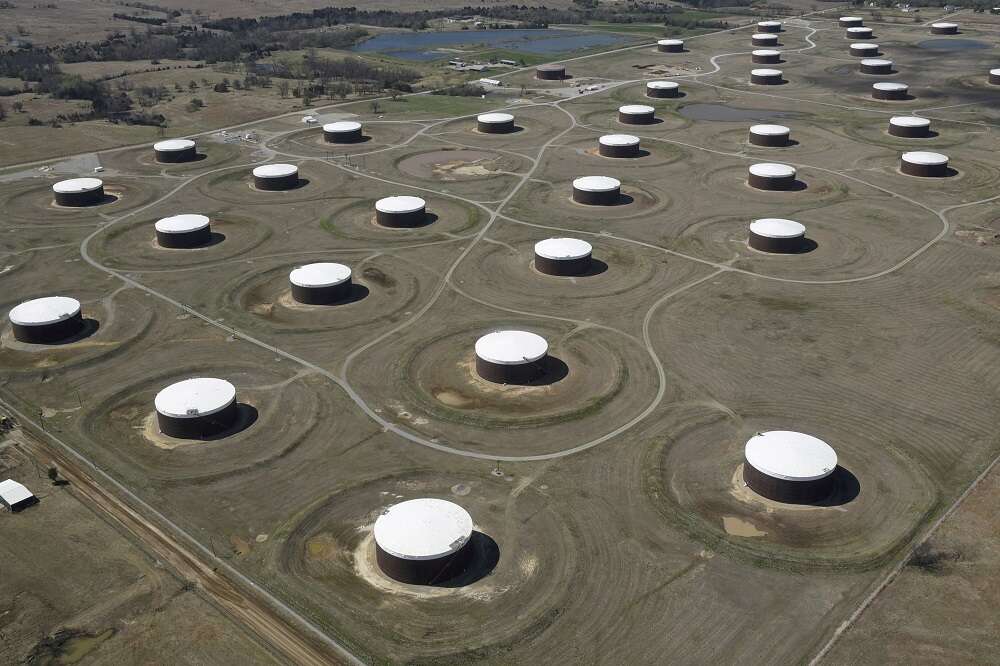
By Stephanie Kelly
NEW YORK (Reuters) -Oil prices steadied on Wednesday after OPEC and its allies agreed to stick to their existing policy of gradual oil output increases.
Brent crude fell 4 cents to settle at $71.59 a barrel. U.S. West Texas Intermediate (WTI) crude rose 9 cents to settle at $68.59 a barrel.
Brent had plumbed a session low of $70.42 a barrel, while WTI fell as low as $67.12 a barrel.
The Organization of the Petroleum Exporting Countries and allies led by Russia, a group known as OPEC+, agreed to stick to a policy from July of phasing out record output cuts by adding 400,000 barrels per day (bpd) a month to the market. [nL1N2Q30F8]
Still, the group revised up its 2022 demand outlook and faces U.S. pressure to raise production more quickly.
“While the effects of the COVID-19 pandemic continue to cast some uncertainty, market fundamentals have strengthened and OECD stocks continue to fall as the recovery accelerates,” OPEC+ said in a statement.
OPEC+ has fulfilled a goal of removing excess oil from the global market and it is important to keep the market balanced, said Russia’s top negotiator, Alexander Novak.
U.S. gasoline stocks rose by 1.3 million barrels last week, the Energy Information Administration said. Analysts had expected a 1.6 million-barrel drop. Rising coronavirus infections could curtail demand in the United States in coming weeks, along with seasonal declines after summer driving season wanes.
“The gasoline build came as Tropical Storm Henry shut traffic on the East Coast which was a big hit to summer driving season,” said Bob Yawger, director of energy futures at Mizuho in New York.
The jump in gasoline inventories came even as product supplied, a measure of demand, topped 22 million bpd for the first time ever, EIA said.
U.S. crude inventories fell by 7.2 million barrels last week to 425.4 million barrels. Analysts had expected a 3.1 million-barrel drop.
U.S. crude prices are expected to remain under pressure as offshore oil and gas production in the Gulf of Mexico gradually recovers. However, reviving Louisiana refineries shut by Hurricane Ida could take weeks, analysts said.
(Reporting by Stephanie Kelly in New York; Additional reporting by Noah Browning in London, Florence Tan in Singapore and Sonali Paul in MelbourneEditing by Edmund Blair, David Goodman and David Gregorio)


